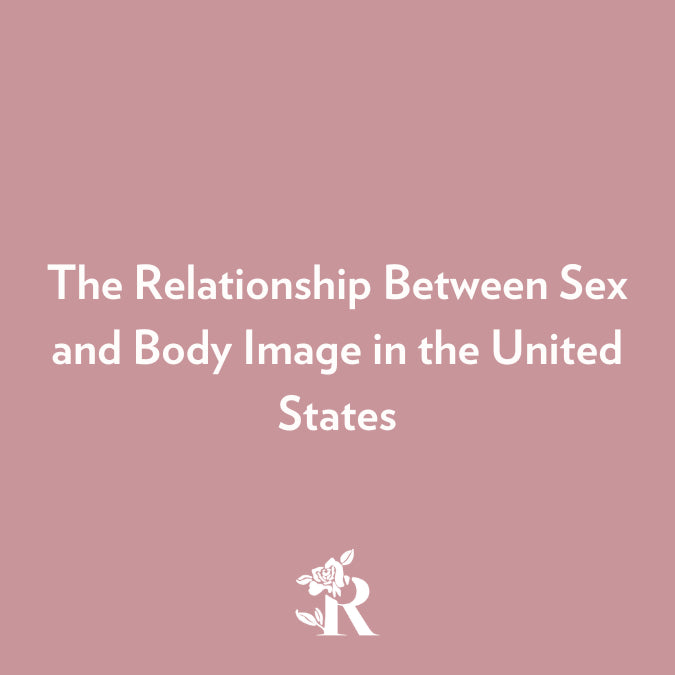The Relationship Between Sex and Body Image in the United States
Are you tired of the energy leaks that come from poor body image? For many people it limits life’s joys. How can we move forward into a place of body acceptance, celebration and full expression of the body we have?
Body image is the perception we hold of our physical self, and the thoughts and feelings that result from that perception (positive, negative, or both!). How these perceptions hit us are influenced by individual and environmental factors.
For example, societal standards in the US often emphasize a thin and fit ideal for women. This can lead to dissatisfaction with body image among women who feel they don't meet these standards. Women who experience dissatisfaction with their bodies may be less likely to engage in sexual activity due to feeling self-conscious or unattractive.
Women's body image and sexuality can also be influenced by individual factors such as age, race, ethnicity, and sexual orientation and how those interplay with social standards. For example, older women, women of color, and LGBTQ+ women might experience different body image issues. Individual personality traits, such as self-esteem and resilience, can also affect how women perceive their bodies and their sexuality.
Media portrayals of women can also affect their body image and sex life. Many media outlets present an idealized version of female beauty, which often involves being thin, fit, and conventionally attractive. This can make many women feel inadequate or unattractive, which can negatively affect their sex lives.
Poor body image can also lead to mental health issues like depression, anxiety, and eating disorders, which can negatively affect a woman's sex life. For example, a woman who feels unhappy with her body might avoid sex, which can lead to issues in relationships and lower overall life satisfaction.
In some cases, the relationship between body image and sex might be influenced by health factors. For example, women who are obese might feel self-conscious about their bodies, which could affect their sex lives (if this is you: one tip…Google “BBW porn” and turn safe search off! What people like has little to do with size, and seeing people of all sizes in joy might make you see yourself differently). Conversely, women who engage in regular physical activity might have a better body image and a more active sex life.
Research has also shown that there's a significant association between body image and sexual satisfaction. Women who are more comfortable with their bodies tend to have higher levels of sexual satisfaction.
There are a lot of ways to develop a healthier attitude towards your body. Here are several strategies that can help:
- Talk to Others
- Challenge Social Norms
- Shift your focus to the things you like about your body and what it allows you to do.
- Take care of your body- do all the exercise and eat right for health rather than as ways to change its appearance. Instead of focusing on how your body looks, try to focus on what it can do. This might involve taking up a new hobby or sport, or setting physical goals that aren't related to weight or appearance.
- Surround yourself with people who have a healthy relationship with their own bodies and who make you feel good about yourself.
- Limit your exposure to idealized media images and when you do encounter them, remind yourself that these images often don't reflect reality.
- Mindfulness can help you to focus on the present moment and accept your body as it is. This might involve mindfulness meditation, yoga, or other practices that help you to tune into your body and its needs.
- Regularly practicing gratitude for your body and its functions can shift your focus from what you perceive as negative to the positive aspects of your body.
- Treat yourself with kindness and understanding, and avoid harsh self-judgment. Speak to yourself as you would to a friend.
These are just a few strategies that can help improve your body image. Remember, everyone's experience with body image is different, and what works for one person might not work for another. It's important to find strategies that work for you and your situation.
























